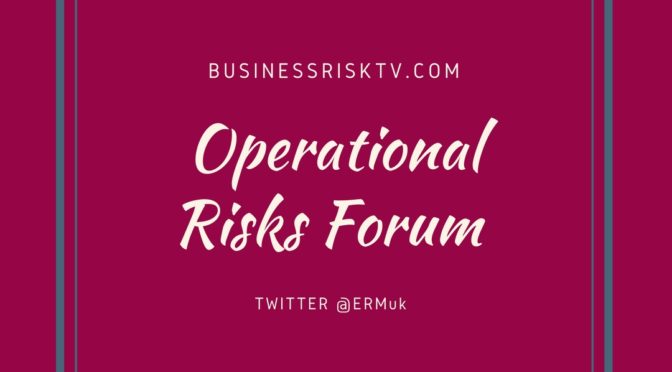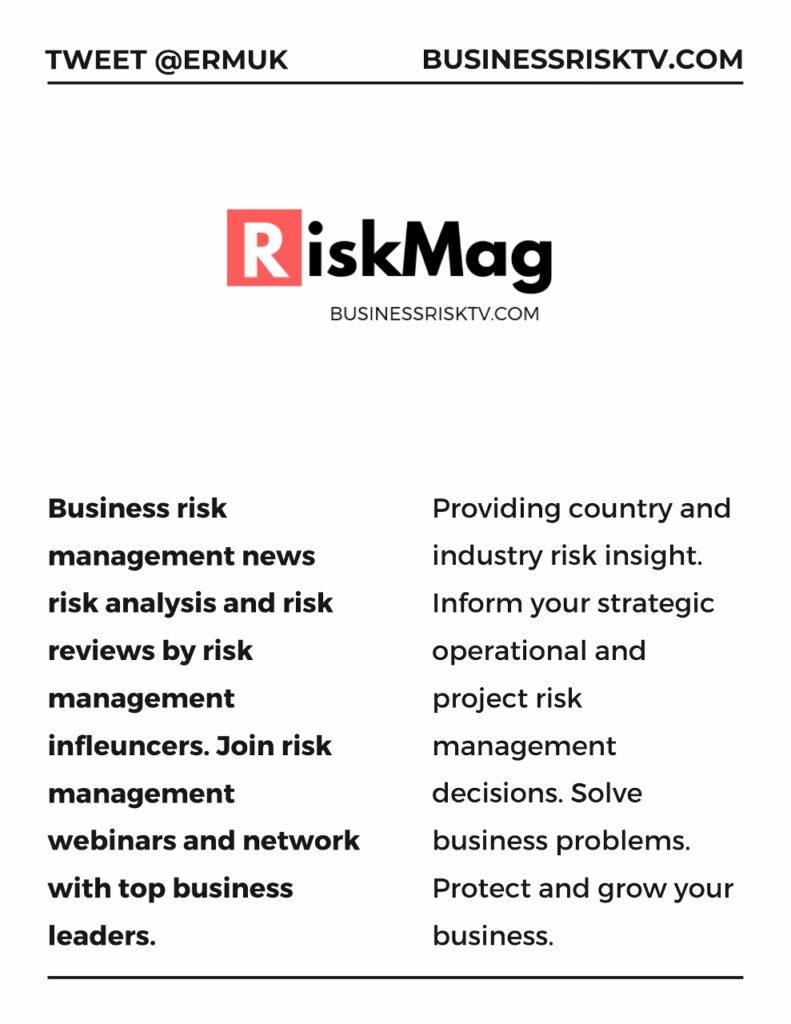Operational Risks in 2024: A Navigational Guide for Businesses and Risk Managers
As the world hurtles towards 2024, the operational landscape for businesses continues to evolve at a breakneck pace. Technological advancements, geopolitical shifts, and ever-changing consumer demands necessitate constant adaptation and vigilance. Amidst this dynamic environment, operational risks – the potential for loss arising from inadequate or failed internal processes, people, or systems – emerge as a critical concern for organisations of all sizes.
This article delves into the realm of operational risks in 2024, offering a comprehensive guide for businesses and risk managers alike. We’ll explore the key trends shaping the operational risk landscape, emerging threats to watch out for, and effective strategies for mitigating and managing these risks.
Navigating the 2024 Operational Risk Landscape:
1. Technological Evolution: A Double-Edged Sword:
Technology plays a pivotal role in modern business operations, streamlining processes and boosting efficiency. However, technological advancements also introduce new operational risks. The rapid adoption of cloud computing, for instance, while offering scalability and cost-effectiveness, raises concerns about data security and system vulnerabilities. Likewise, the burgeoning Internet of Things (IoT) exposes organisations to potential cyberattacks and privacy breaches through interconnected devices. Operational risk managers must stay abreast of the latest technological developments and implement robust security measures to mitigate these risks.
2. Geopolitical Turmoil: A Looming Threat:
The global political climate remains fragile, with ongoing conflicts and trade tensions adding to the uncertainty. These factors can disrupt supply chains, impact market access, and trigger financial instability. Businesses operating in high-risk regions are particularly vulnerable to geopolitical instability. Operational risk managers must carefully assess the geopolitical landscape and develop contingency plans to navigate potential disruptions.
3. Climate Change: A Pressing Reality:
Climate change is no longer a distant threat but a tangible reality impacting businesses worldwide. From extreme weather events to rising sea levels, the changing climate poses operational risks across various sectors. For example, natural disasters can damage infrastructure, disrupt operations, and lead to financial losses. Operational risk managers must incorporate climate change considerations into their risk assessments and implement measures to build resilience.
4. Human Error: A Persistent Challenge:
Despite technological advancements, human error remains a significant source of operational risk. Mistakes made by employees, from data entry errors to process lapses, can have far-reaching consequences. Effective training programmes, clear communication channels, and robust internal controls are crucial to minimize human error and mitigate associated risks.
5. Emerging Technologies: Potential for Disruption:
Emerging technologies like artificial intelligence (AI) and blockchain hold immense promise for businesses. However, their unfamiliarity and rapid development also introduce uncertainties. For example, AI algorithms can perpetuate biases, while blockchain-based systems can be vulnerable to cyberattacks. Operational risk managers must carefully evaluate the risks and opportunities associated with emerging technologies before implementation.
Operational Risk Management Strategies for 2024:
1. Proactive Risk Identification:
Effective risk management begins with proactive identification. Operational risk managers should employ comprehensive risk assessment methodologies to identify potential threats across all business functions. This includes regularly reviewing processes, systems, and external factors to anticipate and prioritise emerging risks.
2. Robust Controls and Measures:
Once risks are identified, robust controls and measures must be implemented to mitigate their impact. This might involve developing contingency plans for disruptions, implementing security protocols to protect data, and establishing clear lines of communication to manage crises effectively.
3. Continuous Monitoring and Improvement:
The risk landscape is constantly evolving, necessitating continuous monitoring and improvement of risk management practices. Operational risk managers should regularly review and update risk assessments, test controls, and adapt their strategies as needed to ensure ongoing effectiveness.
4. Communication and Collaboration:
Effective risk management requires open communication and collaboration across all levels of the organisation. Risk managers should share risk assessments and mitigation strategies with relevant stakeholders, and encourage employees to report potential issues promptly. Fostering a culture of risk awareness is crucial for proactive risk management.
5. Embrace Technology:
Technology can be a valuable tool for managing operational risks. Utilising risk management software, data analytics tools, and artificial intelligence-powered solutions can streamline risk assessments, enhance monitoring, and predict potential issues. Operational risk managers should embrace technology to augment their risk management capabilities.
The Role of Operational Risk Managers in 2024:
In today’s dynamic and complex business environment, the role of operational risk managers is more critical than ever. They are not merely risk mitigators but strategic partners, guiding organisations towards resilience and long-term success.
Operational Risk Managers: Orchestrating Resilience in 2024
Operational risk managers in 2024 must wear several hats. They are visionaries: scanning the horizon for emerging threats and anticipating future risks. They are analysts: meticulously assessing potential impacts and crafting nuanced mitigation strategies. They are communicators: building bridges across departments and fostering a culture of risk awareness. And they are orchestrators: harmonising technology, processes, and people to build organisational resilience.
Skillset for Success:
To fulfill these multifaceted roles, operational risk managers require a unique blend of skills:
- Technical expertise: Understanding core operational processes,technology vulnerabilities, and risk management methodologies.
- Analytical prowess: Deep diving into data, identifying patterns, and predicting potential risk scenarios.
- Communication mastery: Clearly conveying risks to stakeholders,tailoring messages to different audiences, and engaging in persuasive advocacy.
- Leadership talent: Fostering a collaborative risk culture, inspiring ownership, and empowering teams to embrace risk management practices.
- Adaptability and agility: Navigating the ever-changing risk landscape,learning from challenges, and pivoting strategies as needed.
Empowering Operational Risk Managers:
Organisations must recognise the vital role of operational risk managers and empower them to succeed. This includes:
- Providing adequate resources: Allocating budget, staffing, and technology to support effective risk management practices.
- Granting autonomy and decision-making authority: Enabling risk managers to implement mitigation strategies and respond to emerging threats proactively.
- Fostering collaboration: Breaking down silos and encouraging open communication between risk managers, operational teams, and leadership.
- Continuous learning and development: Investing in training programs and professional development opportunities to keep risk managers equipped with the latest knowledge and skills.
Conclusion:
The future of business hangs in the delicate balance of risk and resilience. In 2024, operational risk managers hold the key to unlocking this balance. By proactively identifying threats, implementing robust mitigation strategies, and fostering a culture of risk awareness, they can steer organisations through volatile environments and pave the way for sustainable success.
Get help to protect and grow your business
Subscribe for free business risk alerts, reports and reviews
Read more business risk management articles





